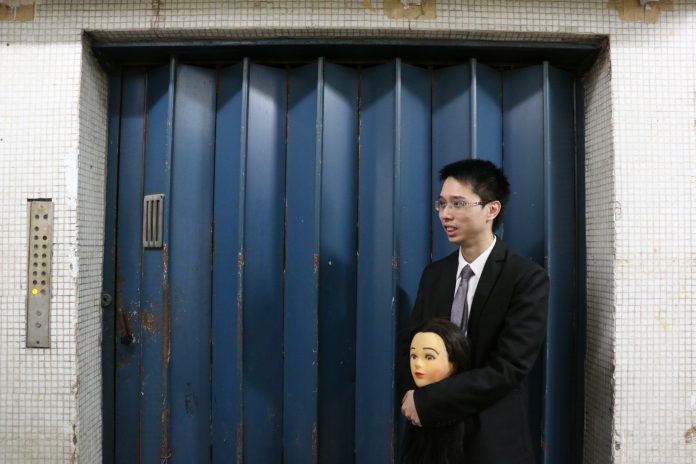System designed to mitigate environmental damage is marred by vested interests and red tape
by Doris Yu & Rammie Chui
The stretch of coastline next to the Ting Kok mangrove in Tolo Harbour and near Lung Mei Village, Tai Po, is one of Annie Ma Ng Sau-yee’s favourite places. She likes to comb the shore for creatures such as starfish, mudskippers and seahorses while her dog swims happily in the water. This ecological treasure trove is just a 10-minute walk away from her apartment in Lung Mei Village.
“The coastline is a discovery centre which brings me to the wonderful ocean world,” says the 51-year-old homemaker. But she did not always think this way.
In 2008, when she first heard about the government’s plan to turn the natural coastline into a 200-metre-long bathing beach with a low-wall at either end, she and most of her neighbours welcomed it. They were told the works would provide swimming facilities for one million residents of the eastern region of the New Territories. Like many residents in the areas, Ma expected the development would increase the value of their property.
However, taking part in activities at the Tai Po Geoheritage Centre – a centre run by the non-profit Environmental Association to educate people on geoparks and ecological diversity – opened Ma’s eyes to the ecological value of the Lung Mei coastline. She later became a volunteer for the Save Lung Mei Alliance, a group advocating for the protection of Lung Mei’s natural beauty.
But it was too late. The project proposed by the Lands Department had received the green light in 2007, after the Environmental Protection Department (EPD) approved its Environmental Impact Assessment (EIA) report and issued an environmental permit for the construction. The 797-page report characterised the muddy tidal coastline as providing “mainly low-quality habitats” for wildlife.
Under the EIA Ordinance, introduced in 1998, EIA is a process government-initiated and private large-scale projects must undergo before they can be approved. Its stated purpose is to avoid and minimise any adverse impact on the environment and propose compensatory measures. However, critics have identified a number of problems with it, including potential conflicts of interest, inadequate public consultation and limitations of the procedure itself.

The procedure requires a project’s proponent to hire a consulting firm to prepare the EIA Report. After the report is released, there is a 30-day period during which members of the public can review the report and file written submissions to the EPD. Meanwhile, the Advisory Council on the Environment (ACE), which is appointed by the Chief Executive and comprises scholars, green group representatives and business professionals, will examine and comment on the report within 60 days.
After the EPD director has taken the council’s suggestions into account, he or she will issue the environmental permit if the assessment has been approved. Only then can the project proponent start construction.
The 2007 EIA report for Lung Mei’s man-made beach project, used a quadrat sampling method – where researchers isolate random plots and count the organisms and species found within it – to estimate the distribution of flora and fauna. There were two investigations, one in March representing the dry season, and the other in April representing the wet season. The report said only six intertidal species were found and that the coastline had “low ecological value”.
Experts in ecology and conservationists questioned the report’s credibility. Hong Kong Wildlife Forum, an online platform for nature lovers and environmental experts, carried out its own ecological study of the coastline. Their year-long study recorded the presence of 216 marine species, 36 times the number found in the EIA.
The amateur research also discovered spotted seahorses, a species classified as “vulnerable” by the International Union for Conservation of Nature, and 17 other rare species.
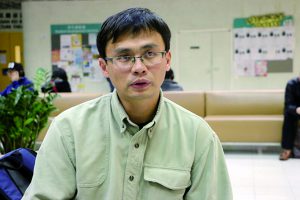
“The 200-metre coastline wows us! It’s so short, so ugly but with rich with wildlife” says Dickson Wong Chi-chun, spokesperson of the Save Lung Mei Alliance and a member of the Hong Kong Wildlife Forum.
The biology teacher says the quadrat sampling method may not be reliable as the researcher can easily control the result by placing the quadrat on a spot which has fewer creatures. Wong adds that taking samples in March and April is not representative enough as the difference in climate conditions is insignificant. In Hong Kong Wildlife’s research, Wong and his peers actively searched for marine species and recorded every species they found by taking photos.
Responding to public pressure, the ACE ordered a supplementary study in 2008. This time, the consulting firm found 67 species using additional extensive intertidal surveys, including active search and quantitative surveys.
The Lung Mei report was also criticised for unfairly comparing the Lung Mei coastline to three other sites in the East New Territories as possible candidates for the construction of the artificial beach. The alternative sites, Tolo Channel, Hoi Ha Wan and Long Harbour, are also high in ecological value, adjoin country parks and have no nearby existing infrastructure.
Save Lung Mei Alliance’s Dickson Wong is disappointed with the system. “The EIA procedure is a rubber stamp. It twists the reality in favour of the development,” he says.
The alliance suggested alternatives to provide more swimming facilities but the authorities dismissed their ideas. When they attempted to directly talk to the EPD and ACE, officials arranged for them to watch the ACE’s discussion of the findings of the supplementary report live via videolink instead.
Having exhausted other means, the alliance filed an application for a judicial review of the project on the grounds that the EIA report was misleading because it omitted the ecological value of a rare species of seahorse. It hoped the court would withdraw the project’s environmental permit.
In 2014, the High Court rejected the argument and the alliance appealed. It lost that case in February this year.





































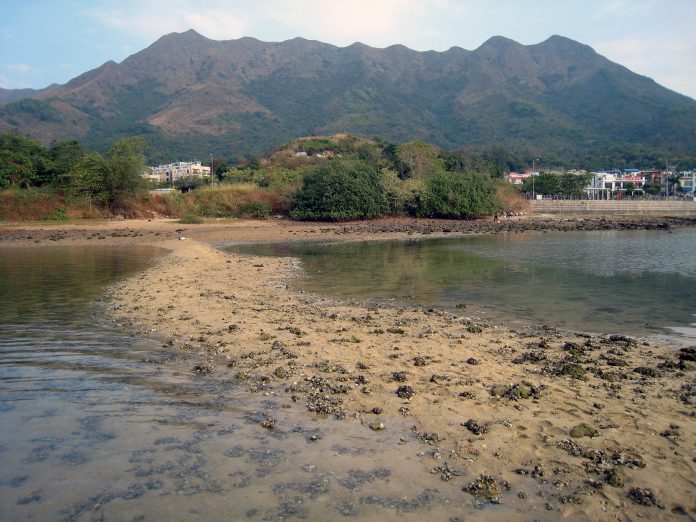
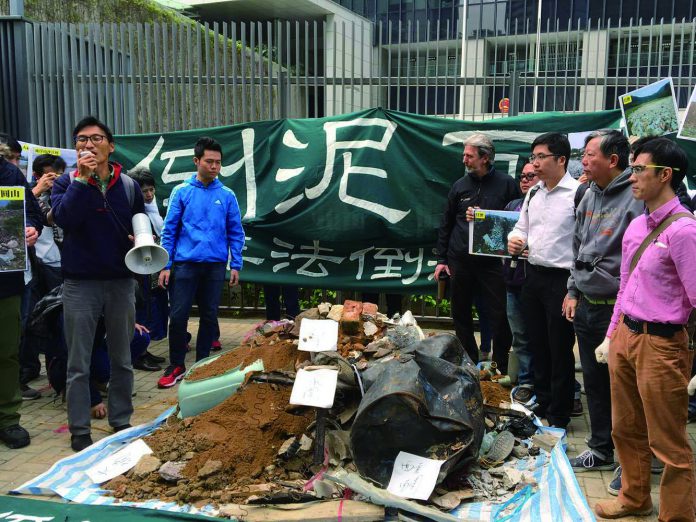

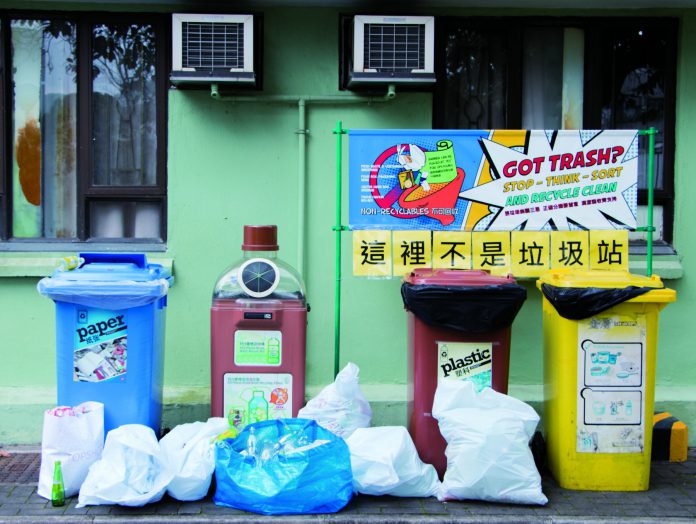




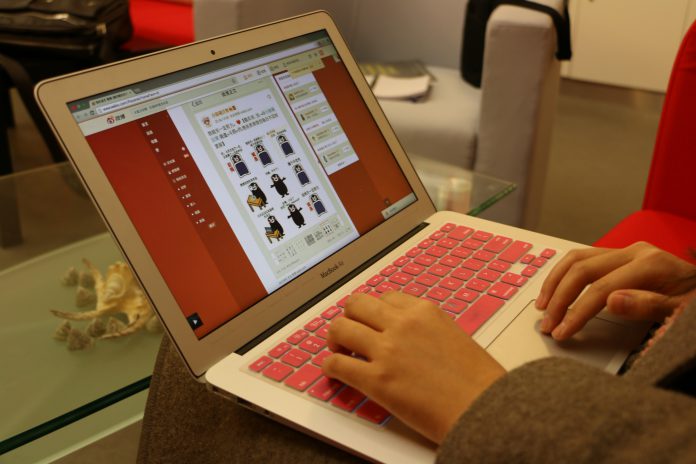


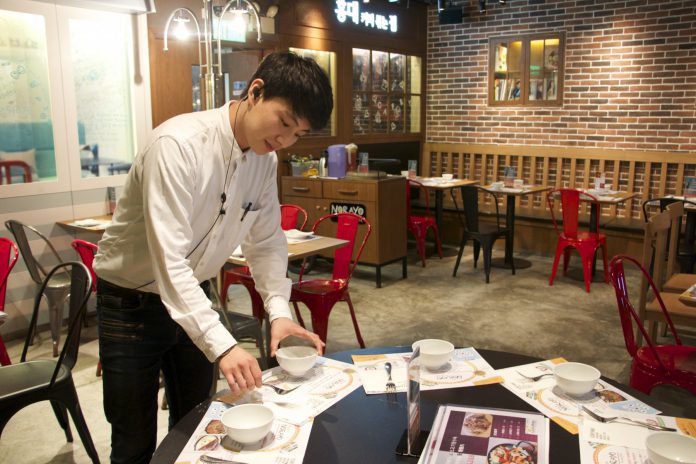

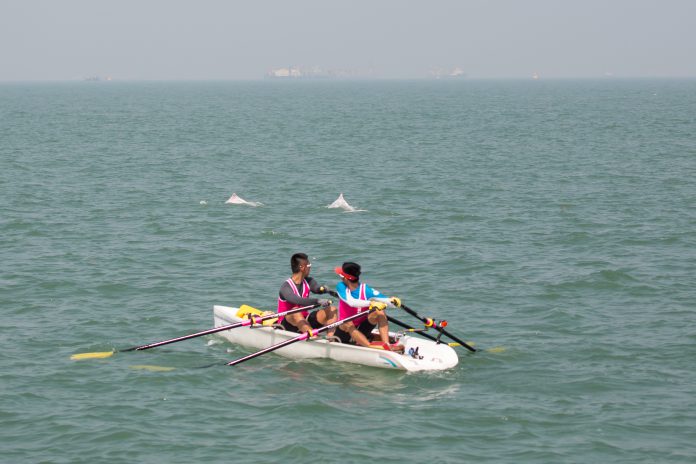

 d numbers are dropping fast in Northeast and Northwest Lantau. The situation is worst in Northeast Lantau, where only one dolphin is left.
d numbers are dropping fast in Northeast and Northwest Lantau. The situation is worst in Northeast Lantau, where only one dolphin is left.
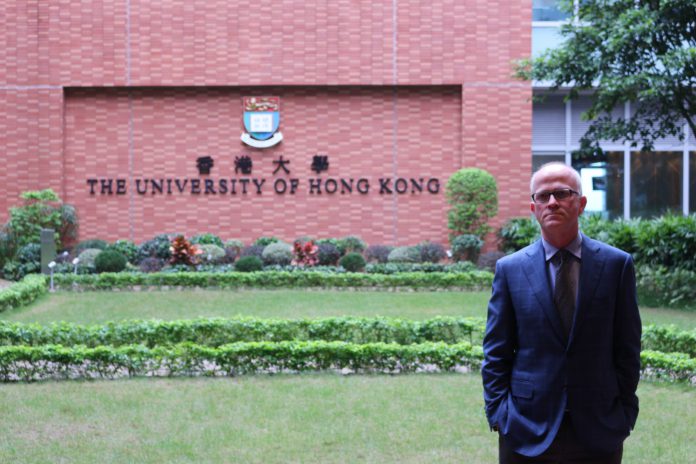
 As he sees it, bad things have indeed happened in Hong Kong in recent years. Back in 2001, O’Leary noticed that many people who had emigrated before 1997 had returned to Hong Kong as it seemed not much had changed after the handover.
As he sees it, bad things have indeed happened in Hong Kong in recent years. Back in 2001, O’Leary noticed that many people who had emigrated before 1997 had returned to Hong Kong as it seemed not much had changed after the handover. He fully understands that playing an active role in standing up for the university’s autonomy comes with risks. That is why he respects colleagues who may be concerned about their job security and career prospects, and hence choose not to speak out.
He fully understands that playing an active role in standing up for the university’s autonomy comes with risks. That is why he respects colleagues who may be concerned about their job security and career prospects, and hence choose not to speak out.
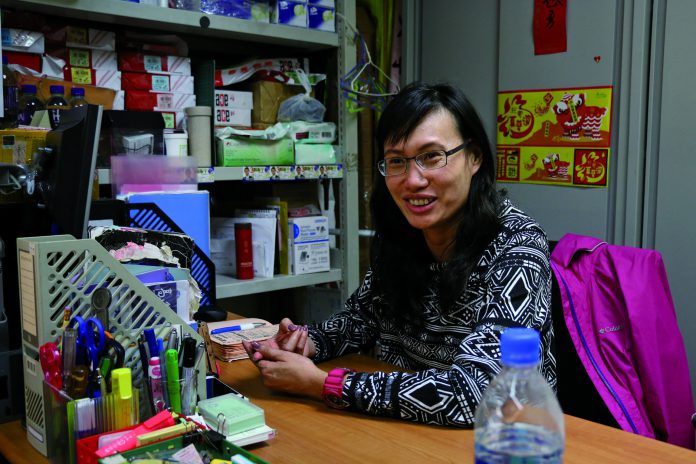
 The man she replaced as chairman is her mentor, former district councillor and legislator Bruce Liu Sing-lee. Mok chose to work as Liu’s assistant after graduating from City University because she identified with the ADPL’s motto of helping the needy from the grassroots. She says that as a student she had taken summer jobs working with a “rich political party” that she does not identify by name. “I couldn’t agree with the work of the rich political party. They thought you could make things work with money. But I think there’s a difference between wanting to really serve society and hankering for the status of a councillor. There are things money can’t buy,” she says.
The man she replaced as chairman is her mentor, former district councillor and legislator Bruce Liu Sing-lee. Mok chose to work as Liu’s assistant after graduating from City University because she identified with the ADPL’s motto of helping the needy from the grassroots. She says that as a student she had taken summer jobs working with a “rich political party” that she does not identify by name. “I couldn’t agree with the work of the rich political party. They thought you could make things work with money. But I think there’s a difference between wanting to really serve society and hankering for the status of a councillor. There are things money can’t buy,” she says.